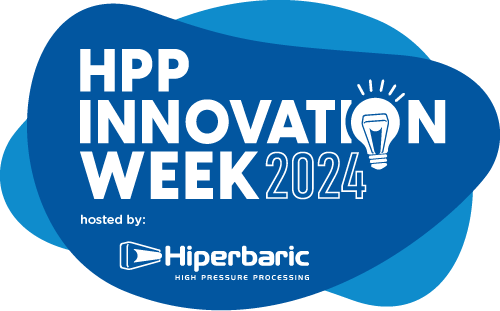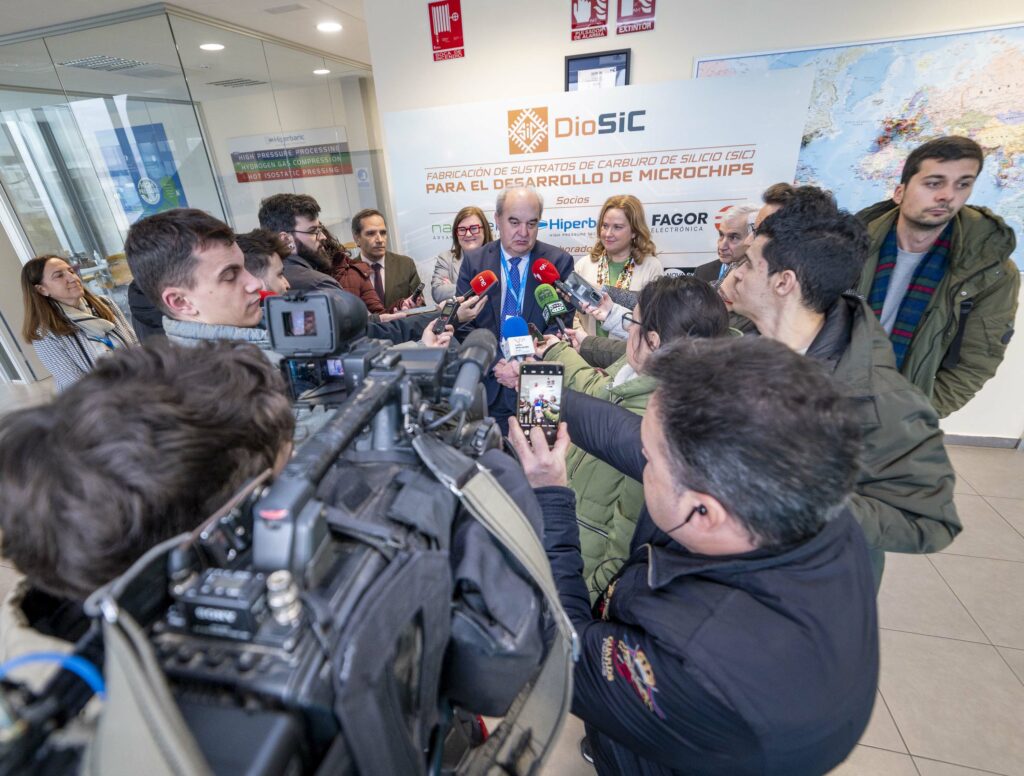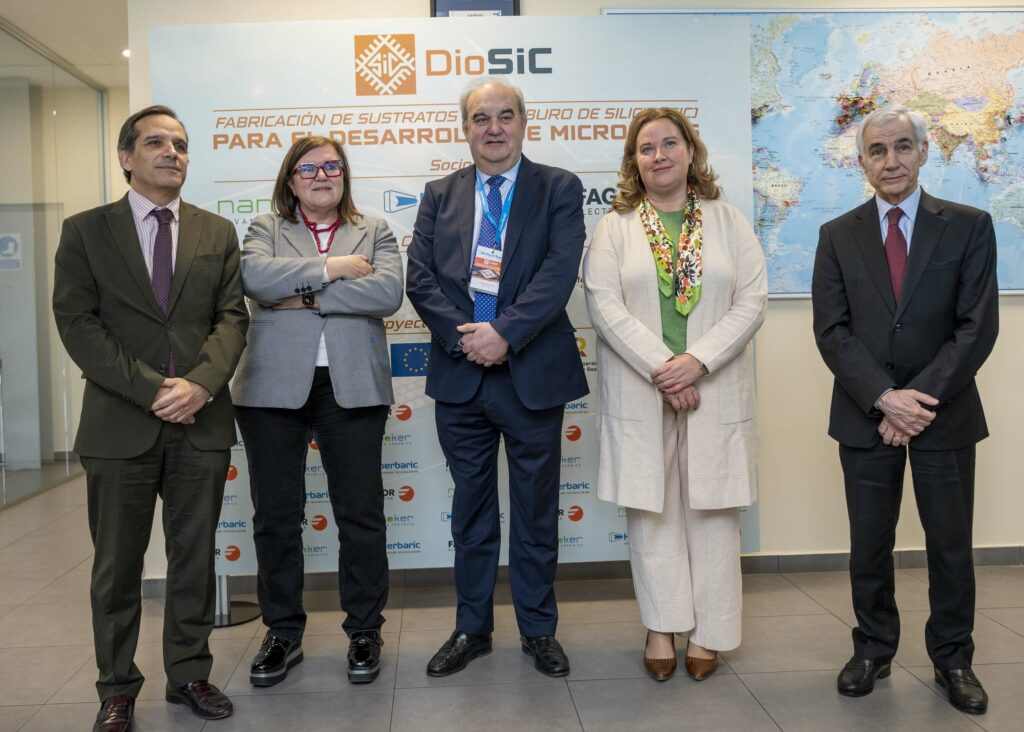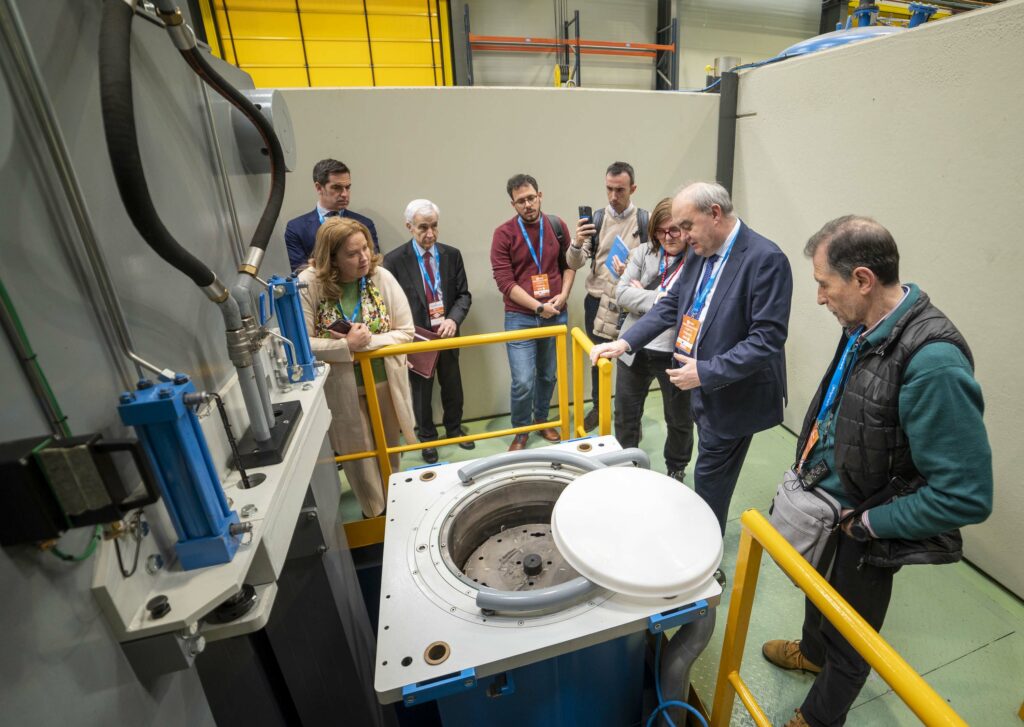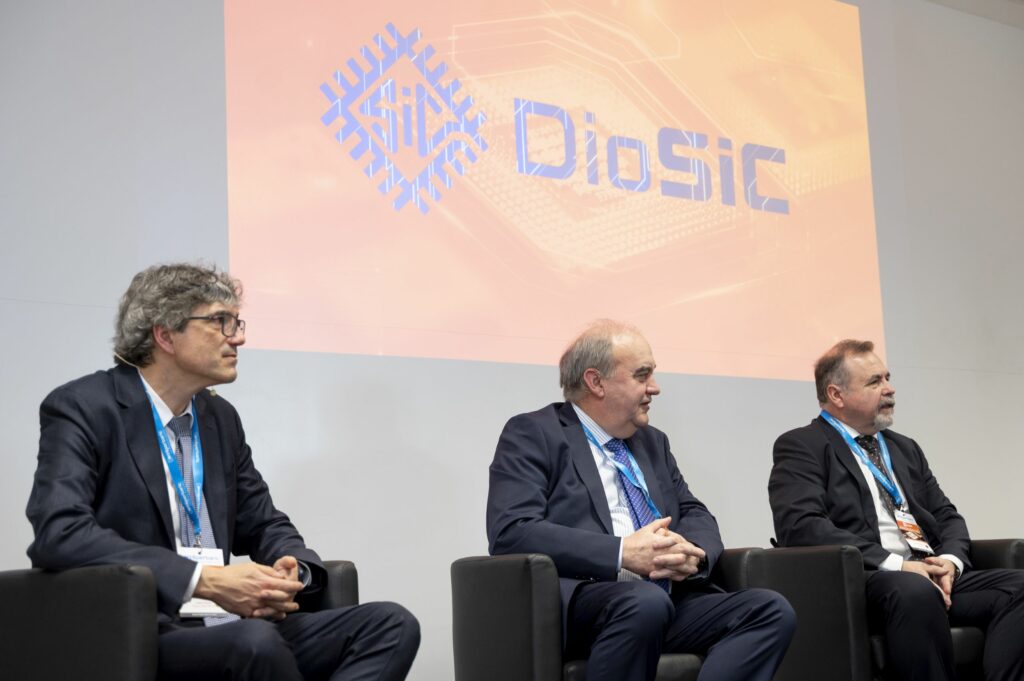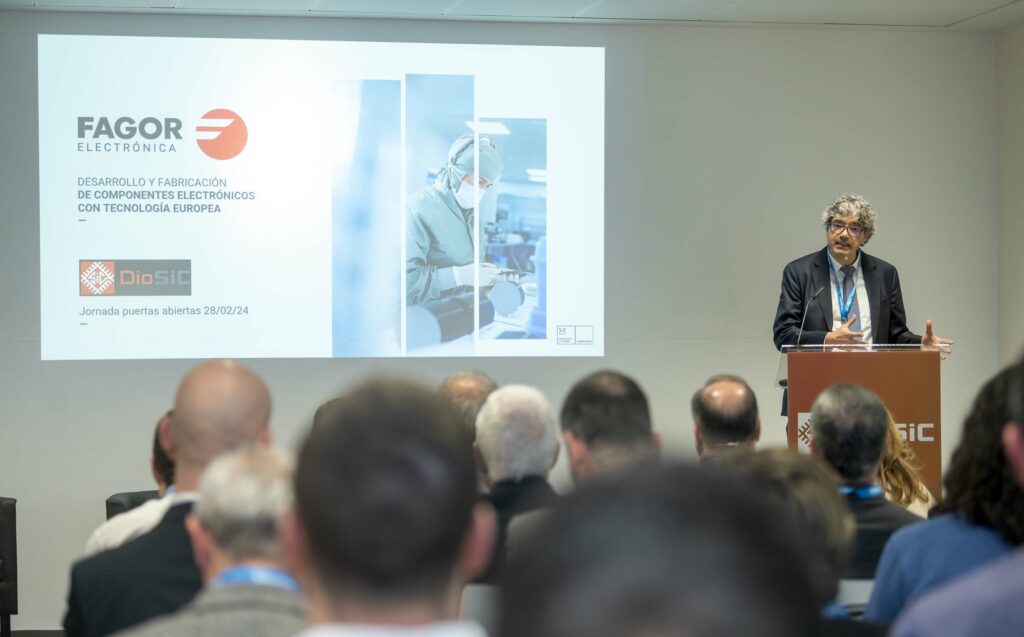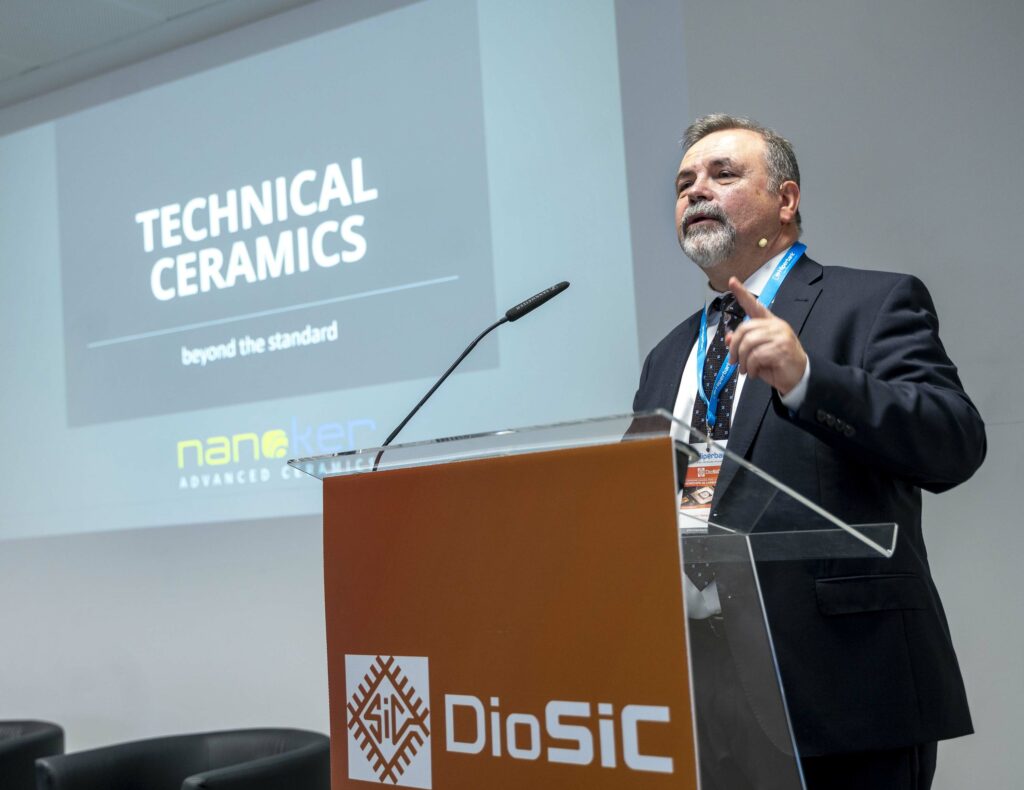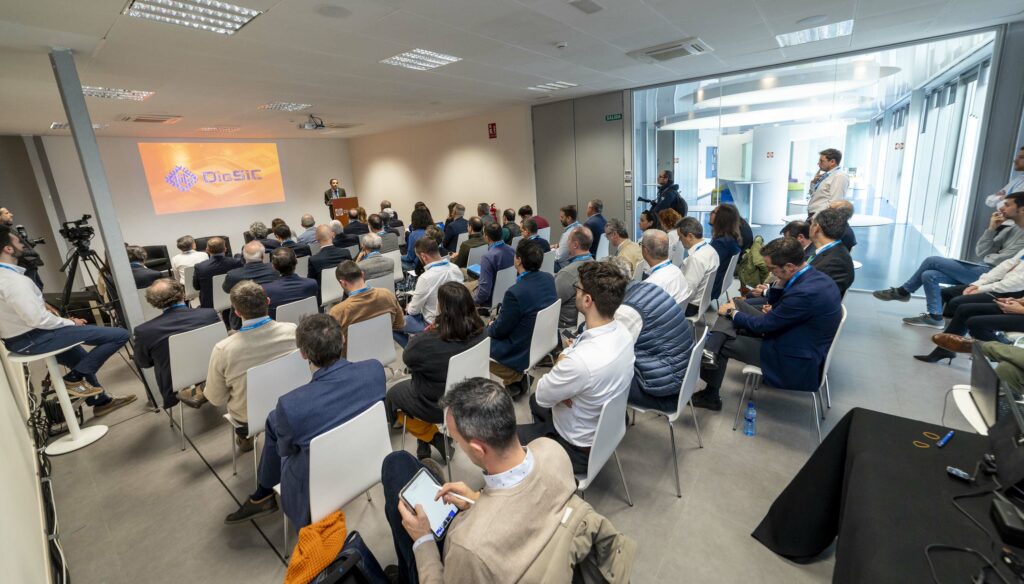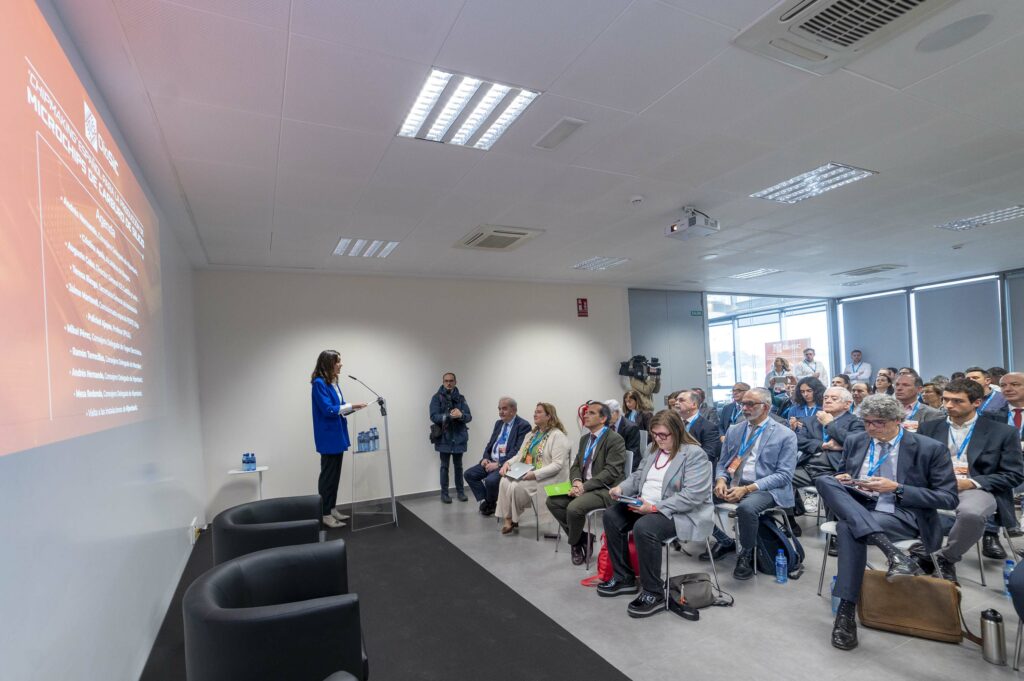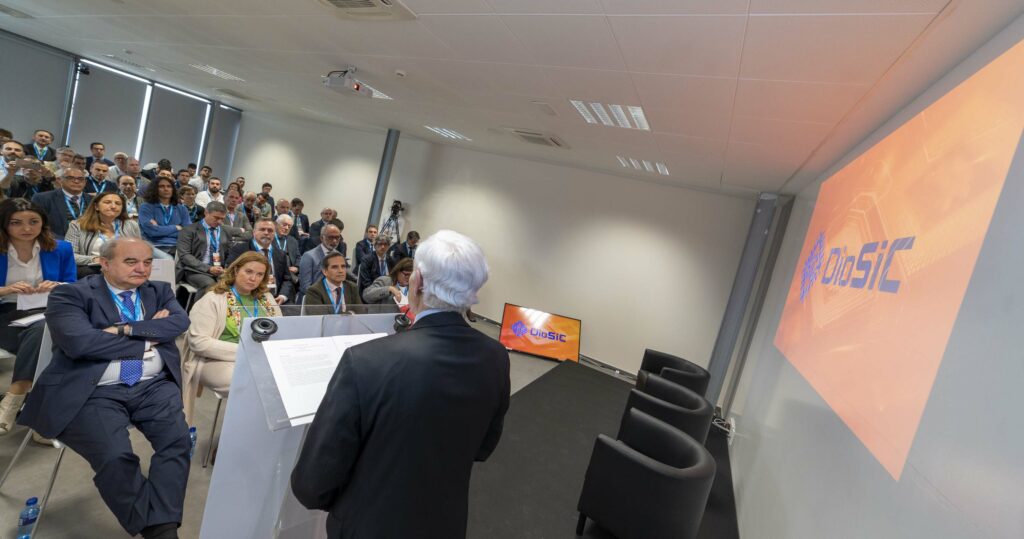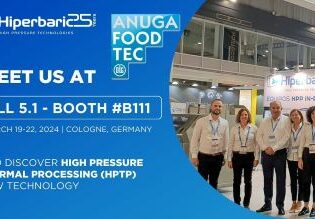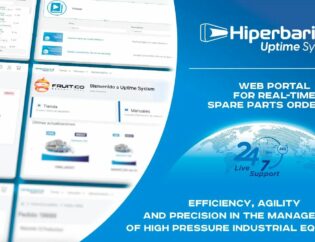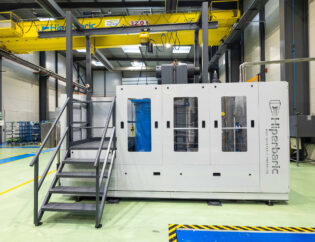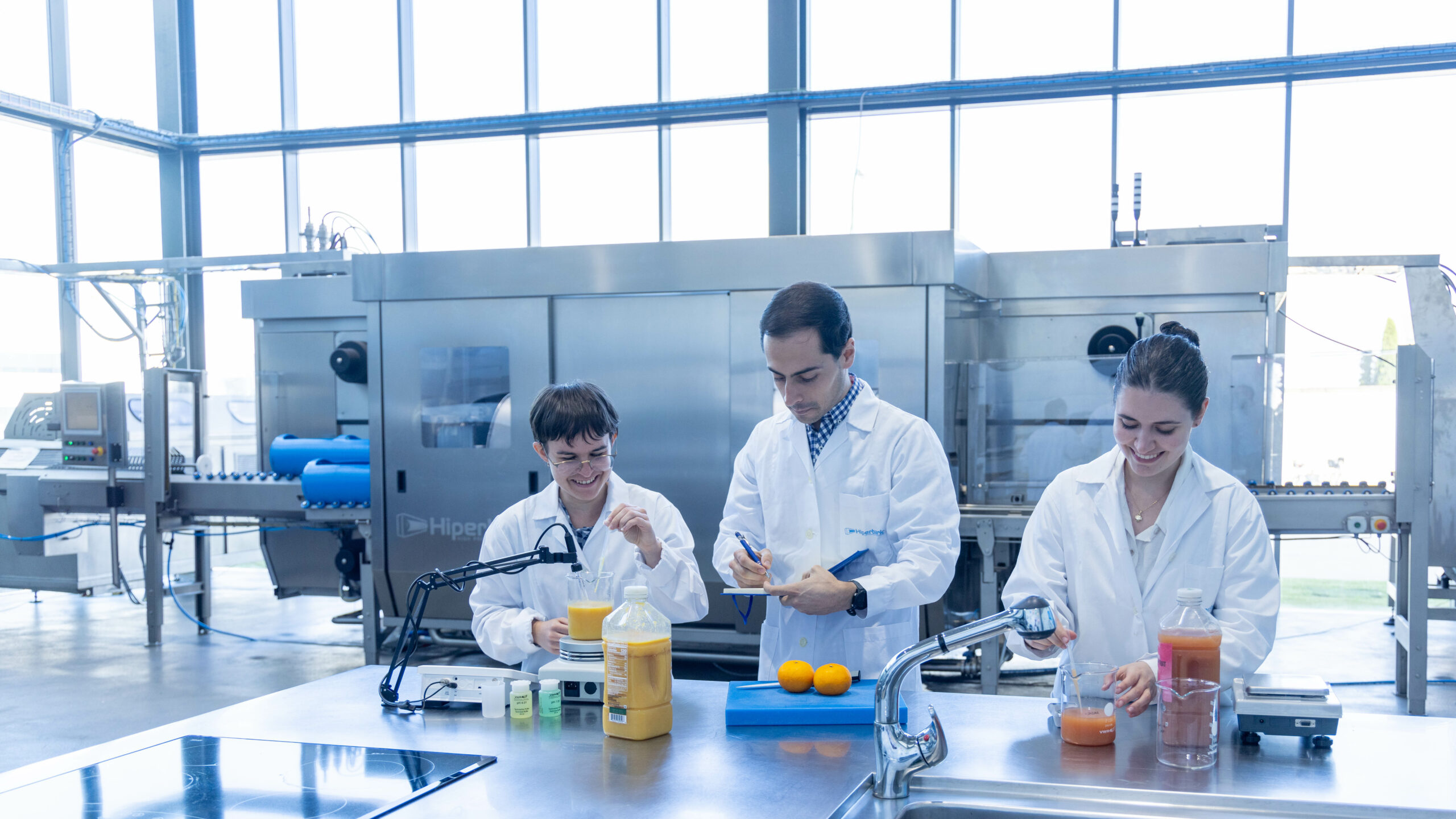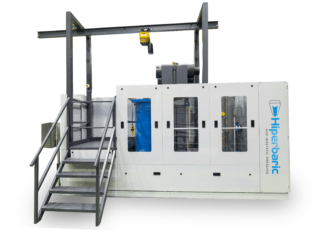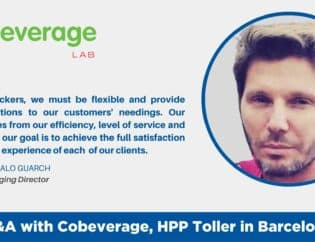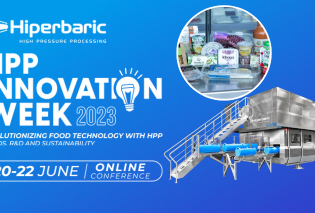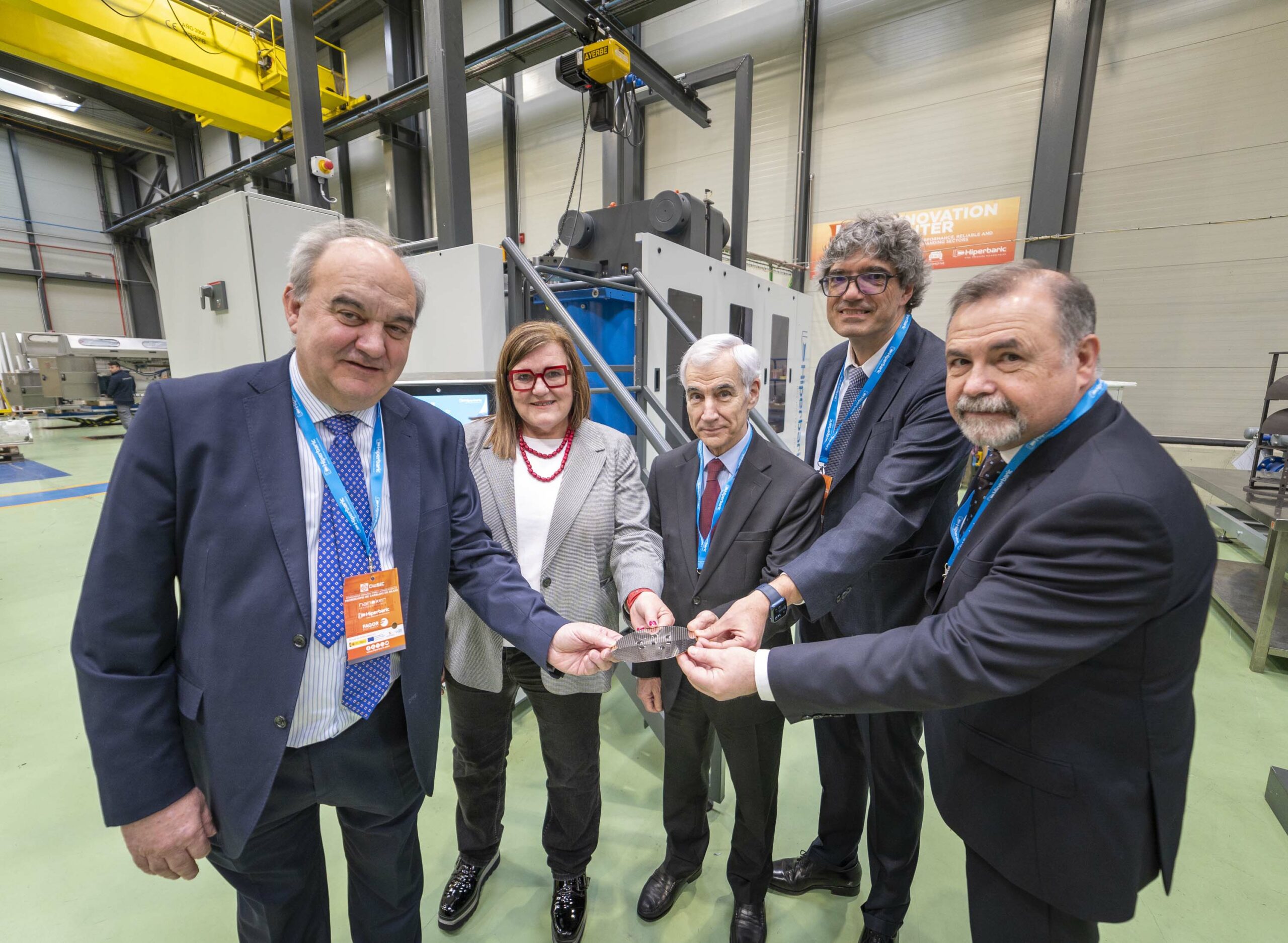
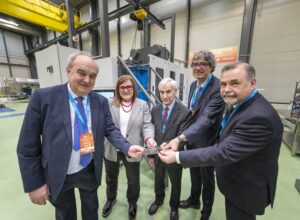
- DioSiC (acronym for Diode & SiC: silicon carbide) aims to create a new material, polycrystalline silicon carbide, to reduce chip costs by 30% and increase efficiency by 35%.
- The project is part of the CDTI’s PERTE Chip Missions call and has a budget of 3.3 million euros.
- DioSiC was presented at a conference held at Hiperbaric’s headquarters in Burgos, which brought together experts from the public and business sectors.
To create a new, unique, 100% Spanish material for the manufacture of cheaper, more efficient and economically viable semiconductors that will reduce Spain’s dependence on third countries.
This is the objective that has led the Spanish companies HIPERBARIC, a world leader in high-pressure technologies; Nanoker, a Spanish manufacturer and supplier of advanced nanocomposite ceramic products; and Fagor Electrónica, specialised in electronic and digitalisation solutions to join forces and create the DioSic consortium (acronym for Diode & SiC: silicon carbide), within the PERTE Microelectronics and Semiconductors Programme, known as PERTE Chip. The Spanish government is funding 68% of the €3.3 million R&D project, which is part of the PERTE Chip Missions call of the Centre for Technological Development and Innovation E.P.E. (CDTI).
To date, silicon is the most common semiconductor, but it is not suitable for all applications. Its substitute is silicon carbide (SiC), with unique characteristics for use in high-power electronics, which is needed for superfast-charging electric car batteries or future storage machines for renewable energies. With this project, the Spanish consortium wants to go a step further with the manufacture of high-quality polycrystalline SiC substrates that are even more cost-effective and efficient by reducing chip costs by 30% and increasing efficiency by 35%.
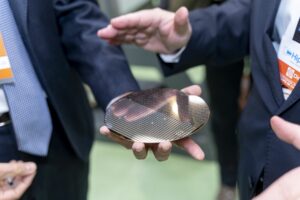
The project seeks to overcome the current limitations in the use of silicon carbide with the manufacture of polycrystalline silicon substrates using the SPS (Spark Plasma Sintering) technique of the Asturian company Nanoker, which will be processed by means of Hot Isostatic Pressing (HIP) by the Burgos-based Hiperbaric, a world leader in high-pressure technology. The treatment of silicon carbide (SiC) using HIP technology significantly improves its properties by eliminating any possible defects in polycrystalline SiC wafers. Once treated, the Basque company Fagor Electrónica will be in charge of manufacturing the chips.
Meeting of public and business experts
The presentation of the DioSic project took place at Hiperbaric’s headquarters in Burgos during the conference “DioSiC: Spanish chipmaking for the production of Polycrystalline Silicon Carbide microchips“, which brought together experts from the public and business sectors to explain the characteristics of the project and the role to be played by Spain, which is set to lead the semiconductor market in Europe.
Cristina Ayala, Mayoress of Burgos, stressed the importance of R&D in industrial companies, capable of generating value in the territories in which they operate. Augusto Cobos, Director General of the Institute for Business Competitiveness of Castilla y León (ICE), highlighted the regional government’s aid channel to finance industrial and technological research projects.
Teresa Riesgo, Secretary General for Innovation at the Ministry of Science and Innovation, took advantage of her speech to talk about the opportunities for technological innovation in our country and the need to invest in strategic sectors such as microelectronics.
Ms. Riesgo referred to the necessary public-private collaboration with the financing of this type of projects that strengthen the scientific capacities and the technological base of companies. “Business innovation is key to a country’s economic development. The Spanish Government is very clear about the importance of promoting it, without neglecting care for the environment, clean energy and the circular economy“, stressed the Secretary General, for whom “the development of the DioSiC project is in line with the Government’s roadmap, which seeks to support initiatives aimed at boosting the Spanish semiconductor industry so that it can play a leading role in Europe and around the world“.
“Business innovation is key to a country’s economic development. The Spanish Government is very clear about the importance of promoting it, without neglecting care for the environment, clean energy and the circular economy. The development of the DioSiC project is in line with the Government’s roadmap, which seeks to support initiatives aimed at boosting the Spanish semiconductor industry so that it can play a leading role in Europe and around the world.”
For his part, Jaime Martorell, special commissioner for PERTE for microelectronics and semiconductors, focused his talk on highlighting the boost that PERTE Chip is giving to the semiconductor ecosystem in Spain in order to make progress in terms of dependence on third countries and minimise the risks that this entails.
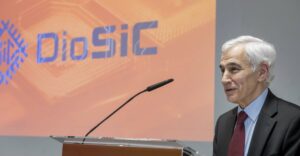
Every year, 1 billion microchips are manufactured worldwide, and only 10% are of European origin. The goal of the European Chip Act is to reach a 20% market share by 2030. “The DioSiC project, with an allocated budget of 3.3 million euros, is part of the Strategic Project for Economic Recovery and Transformation (PERTE) for Microelectronics and Semiconductors, PERTE Chip approved in 2022 and endowed with a public investment of 12.250 million until 2027“, explained Martorell, but not before reminding that the money is intended to create microchip factories and boost the entire value chain, from SMEs and technology startups to the electronics industry that consumes these semiconductors.
“The DioSiC project, with an allocated budget of 3.3 million euros, is part of the Strategic Project for Economic Recovery and Transformation (PERTE) for Microelectronics and Semiconductors, PERTE Chip approved in 2022 and endowed with a public investment of 12.250 million until 2027”.
For Martorell, it is a reality that semiconductor manufacturing has migrated to Asia and there is an urgent need to change this situation, seeking a balance “that minimises the risk that this entails for the United States, Europe and Spain“, Martorell said.
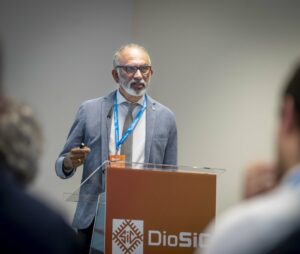
Following the remarks by the special commissioner for PERTE Chip, it was the turn of Pulickel Ajayan, professor at Rice University in Houston, who spoke about ongoing research on new nanomaterials and ceramics technologies for semiconductors.
Along these lines, the three directors of the companies that make up the consortium took the opportunity to talk in depth about the contributions of each company and what it means for their companies to participate in this project. Ramón Torrecillas, CEO of Nanoker and director general of the Fundación General CSIC, referred to the DioSiC project as ‘disruptive and unique’. “The development of chips is fundamental for the modern digital economy, and the good news for everyone is that with this project we are going to research the development of a completely new material, because only by being innovative will we be able to bring production to Spain and put aside the current dependence,” said Torrecilla.
“The development of chips is fundamental for the modern digital economy, and the good news for everyone is that with this project we are going to research the development of a completely new material, because only by being innovative will we be able to bring production to Spain and put aside the current dependence”.
For his part, Andrés Hernando, CEO of Hiperbaric, highlighted the important role of HIP technology in achieving the quality required for Fagor Electrónica’s next generation of high-performance chips, and recalled that DioSic is a further step towards tackling the current chip production monopoly in Asia, specifically in China, Japan, South Korea and Taiwan. “Our technology will enable polycrystalline silicon carbide (SiC) substrates to be subjected to high isostatic pressure up to 2,000 bars of pressure and 2,000ºC of temperature, which will make it possible to obtain robust and defect-free Sic chips“. At its headquarters in Burgos, Hiperbaric has the first HIP Innovation Centre in southern Europe, where several researchers are testing new material developments using HIP.
“Our technology will enable polycrystalline silicon carbide (SiC) substrates to be subjected to high isostatic pressure up to 2,000 bars of pressure and 2,000ºC of temperature, which will make it possible to obtain robust and defect-free Sic chips”
In addition to improving mechanical properties, HIP increases corrosion resistance and results in fine-grained microstructured parts with good mechanical properties. This technology eliminates porosity and other internal defects, makes high-performance materials more consistent, allows defective parts to be recovered, and enables lighter and lighter weight designs.
Mikel Pérez, R&D and Digital Transformation Director at Fagor Electrónica, was in charge of closing the conference. The executive spoke of the industrial prospects behind the project and the future they hope to have after the development of these more efficient and economical high-power electronic components. “This project is the first step towards setting up a silicon carbide plant in Spain; that is our objective and that is what we are working on“, concluded Mikel Pérez.
“This project is the first step towards setting up a silicon carbide plant in Spain; that is our objective and that is what we are working on”.
About DioSiC
DioSiC is a consortium formed by 3 companies (Nanoker, Hiperbaric and Fagor Electrónica); and is supported by 3 CSIC centres (National Microelectronics Centre (CNM), Centre for Materials Physics (CFM), and Centre for Nanomaterials and Nanotechnology (CINN)) and a technology centre (CEIT). There is also the German Fraunhoffer Institute with two research centres (Institute for Integrated Systems and Device Technology -IISB; and Center for Silicon Photovoltaics-CSP).

